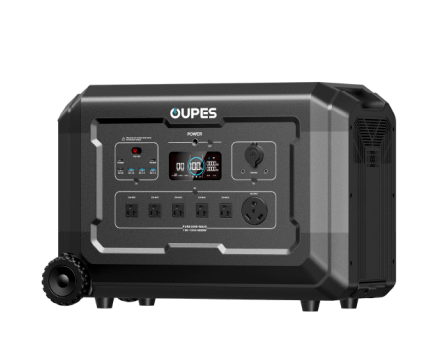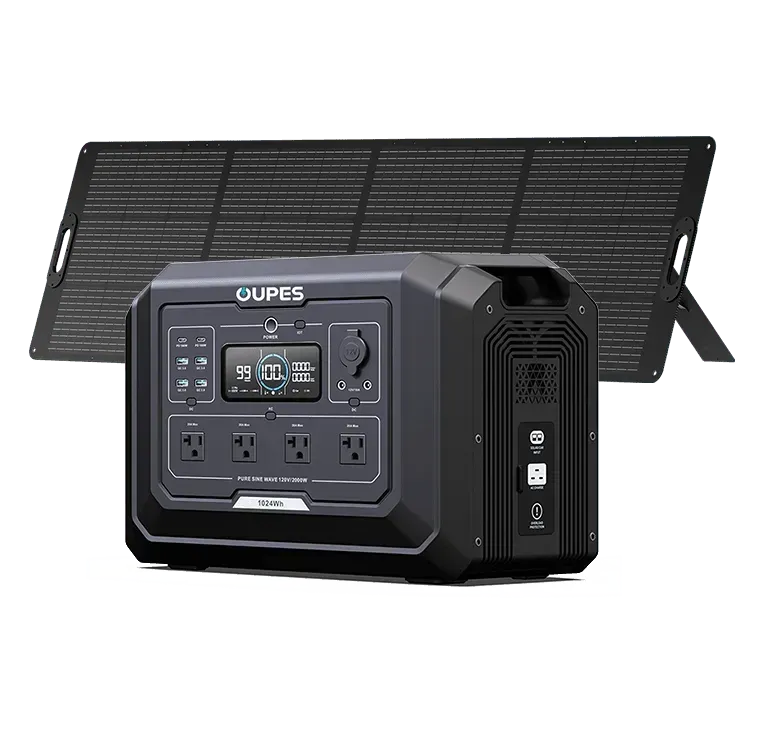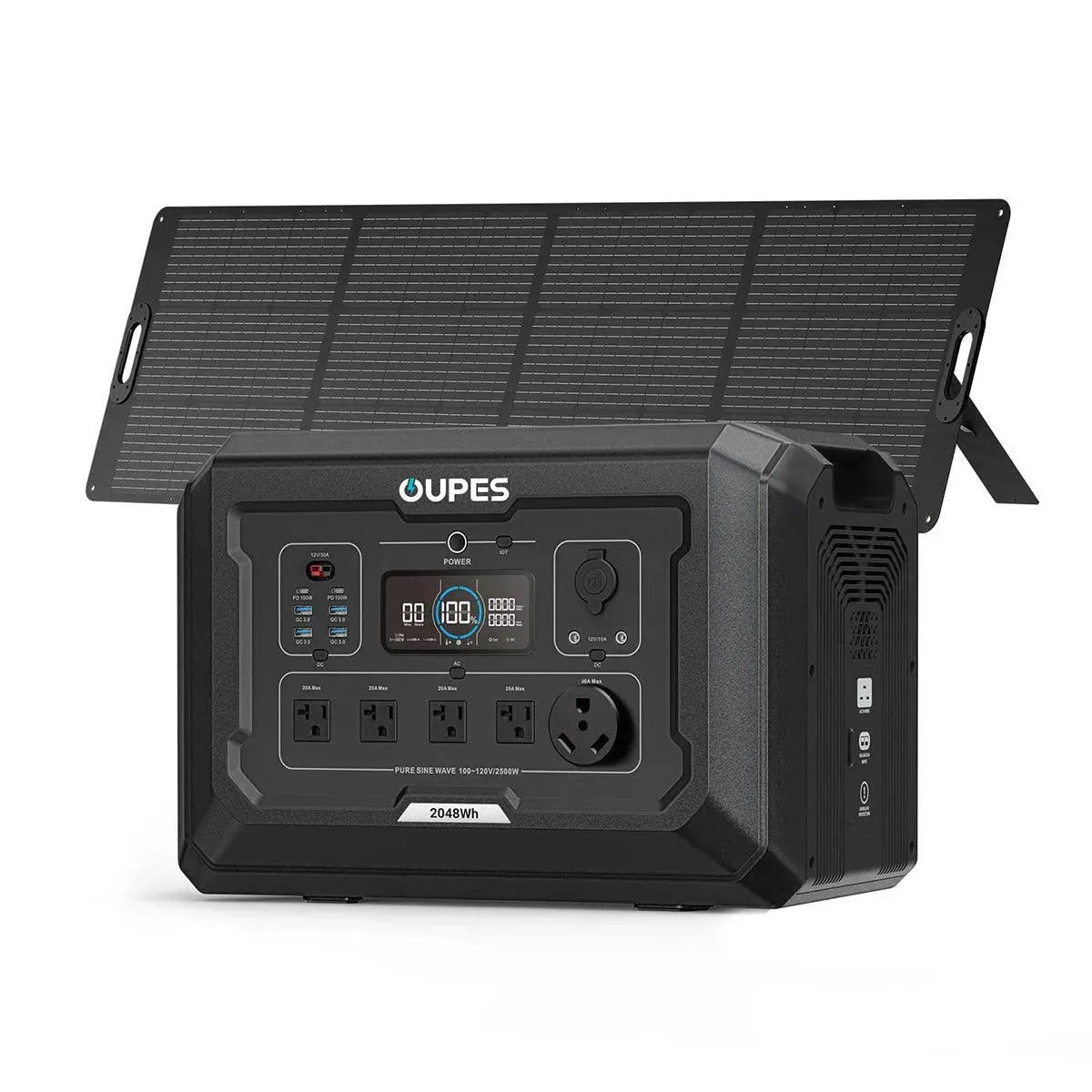
As the demand for reliable and clean energy continues to grow, many people find themselves wondering which power source is truly better: solar power or a traditional generator. Whether you need backup power for your home, a solution for camping, or an off-grid energy system, choosing the right option can be confusing and overwhelming.
In this article, we’ll dive deep into the pros and cons of solar power and generators, comparing their functionality, costs, environmental impact, and usability. By the end, you’ll have a clearer understanding to help you decide which energy solution fits your lifestyle and needs.
Environmental Impact and Sustainability
One of the most significant differences between solar power and traditional generators is their environmental footprint. Solar power relies on harnessing energy directly from the sun, which is a clean, renewable source of energy. When you install solar panels, you tap into an abundant natural resource without emitting greenhouse gases or pollutants. This makes solar power an excellent choice for those who prioritize sustainability and want to reduce their carbon footprint.
Traditional generators, on the other hand, typically run on fossil fuels such as gasoline, diesel, or propane. When operating, these generators emit carbon dioxide and other pollutants that contribute to air pollution and climate change. In addition to environmental concerns, generators produce noise pollution, which can be disruptive in residential or quiet outdoor settings.
Solar power systems also offer long-term sustainability benefits. Once installed, they can produce free electricity for many years with minimal maintenance. While solar panels require an upfront investment, their ability to generate energy without ongoing fuel costs reduces their environmental impact over time. In contrast, generators require a continuous supply of fuel, which can be expensive and logistically challenging, especially in remote locations.
For users focused on eco-friendliness and sustainable living, solar power clearly has an advantage. However, it’s important to consider that solar power depends on sunlight availability and weather conditions, which may affect reliability in some regions.
Cost and Economic Considerations
When comparing solar power and generators, cost is often a major deciding factor. Solar power systems generally involve a higher initial investment. This cost includes solar panels, batteries (if you want energy storage), inverters, and installation. The price varies depending on system size and quality, but it can be a few thousand dollars or more for a residential setup.
Despite the upfront costs, solar power offers economic advantages in the long run. Because sunlight is free, once your system is installed, you’ll have minimal ongoing expenses aside from occasional maintenance. Over time, this can translate into significant savings on electricity bills or fuel purchases. Many regions also offer tax incentives, rebates, or grants that can help offset the initial expense of solar installations.
Generators are typically cheaper to buy initially, with portable models available at a few hundred dollars and larger standby generators costing several thousand. However, generators come with ongoing fuel costs that can add up quickly, especially during frequent or prolonged use. Fuel prices can be volatile, and storing fuel safely requires careful handling and space.
Maintenance costs for generators can also be higher because they have moving parts that wear out and require servicing. Regular oil changes, spark plug replacements, and fuel system cleaning are necessary to keep them running reliably. In contrast, solar power systems have fewer moving parts, making maintenance simpler and generally less expensive.
In summary, if you are looking for a solution with low upfront cost but higher long-term expenses, a generator might be suitable. Conversely, solar power demands higher initial investment but can save money over time and provide cleaner energy.
Reliability and Energy Availability
Reliability is crucial when choosing between solar power and a generator, especially for emergency backup or off-grid living. Generators provide consistent power as long as you have fuel. They are capable of delivering high wattage output immediately, powering multiple heavy appliances such as refrigerators, heaters, or air conditioners without interruption. This makes generators very dependable for situations where power is urgently needed regardless of weather conditions.
Solar power depends on sunlight availability, which means it produces energy during the day when the sun shines. Cloudy days, storms, or nighttime significantly reduce or halt energy production unless you have battery storage. Battery capacity then becomes an important consideration, as it determines how long you can rely on stored solar energy when the sun is not available.
Because of this dependence on weather and daylight, solar power can be less reliable without adequate battery backup or an additional energy source. However, advances in battery technology have improved the ability to store energy efficiently, increasing the practicality of solar power for many users.
Generators, while reliable in fuel availability, have some drawbacks such as noise and emissions, and they require proper ventilation to avoid safety hazards. They also have a limited runtime based on fuel supply and need refueling during extended outages.
For those seeking constant, high-power output regardless of conditions, generators tend to be more reliable. Meanwhile, solar power is excellent for users with moderate energy needs and access to sufficient sunlight, especially when paired with a robust battery system.
Convenience and Maintenance
Convenience plays a large role in choosing between solar power and generators. Solar power systems, once installed, operate quietly and automatically with little user intervention. They have no moving parts, meaning less wear and tear and lower maintenance requirements. Cleaning the panels periodically and monitoring system health are typically all that’s needed to keep the system functioning well.
Generators require more hands-on management. They must be manually started and stopped, fueled, and maintained regularly. For portable generators, you also need to transport and store fuel safely. Noise is another consideration, as generators can be loud and disruptive, especially in quiet residential neighborhoods or camping areas.
Another convenience factor is setup. Solar panels require professional installation or some technical know-how to set up properly, including mounting panels in a location with optimal sun exposure. However, once set up, the system can provide power with little ongoing effort.
Generators are more straightforward to deploy initially—just add fuel and start—but their ongoing maintenance and fuel management may outweigh this advantage over time. Additionally, fuel storage for generators poses safety risks such as spills, fires, or fumes.
Overall, solar power offers a more user-friendly and environmentally safe experience in the long term, whereas generators require more involvement and management.
Suitability for Different Use Cases
The choice between solar power and generators also depends heavily on your intended use. For camping, outdoor events, or small off-grid needs, solar power offers a quiet, clean, and low-maintenance energy source. Portable solar panels combined with power stations can keep essential devices charged without the noise or fumes of a generator.
For emergency home backup during power outages, generators excel in providing large amounts of power for extended periods, keeping refrigerators, heating systems, and medical equipment running. They are typically better suited to handle heavy loads and variable energy demands on short notice.
Remote locations without access to fuel delivery can benefit greatly from solar power, especially when paired with sufficient battery storage. Meanwhile, locations with easy access to fuel may prefer generators due to their immediate and reliable power output.
In commercial or construction settings, generators often remain the preferred option because of their higher power capacity and portability. Solar systems for such use cases may require significant investment and space.
Choosing the right power solution means assessing your energy needs, environment, budget, and willingness to maintain the system. Both solar power and generators have their ideal applications and limitations.
Conclusion
Solar power and generators each bring unique strengths and challenges to the table. Solar energy shines as a clean, quiet, and sustainable solution that offers long-term savings but depends on sunlight and requires higher upfront costs. Generators provide powerful, reliable energy anytime with a relatively low initial investment but rely on fuel, emit pollution, and require ongoing maintenance.
The best choice depends on your individual needs, priorities, and circumstances. For environmentally conscious users seeking quiet and renewable energy, solar power is an excellent option. For those needing dependable, high-power backup without dependence on weather, generators are often the better fit. By understanding the differences, you can make an informed decision that ensures your energy needs are met efficiently and effectively.




























